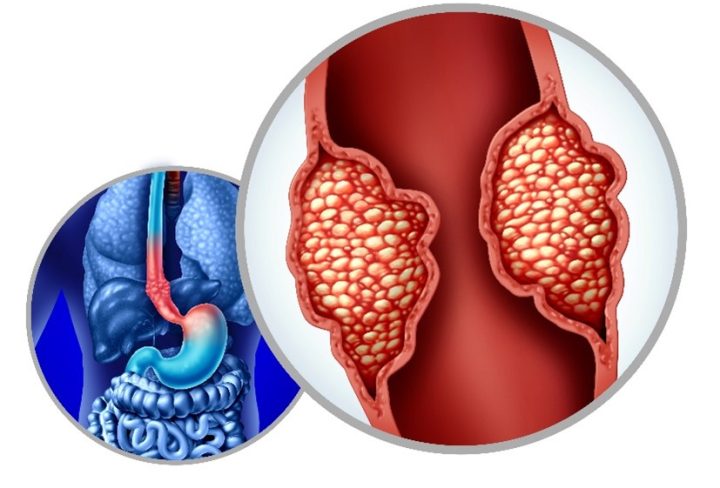Esophageal cancer is a type of cancer that starts in the cells lining the esophagus, the elongated tube that links your throat to your stomach. This disease can affect any part of the esophagus and is more common in men. While it is a rare cancer in some parts of the world, it’s a significant concern in regions where lifestyle habits, such as smoking and excessive alcohol consumption, are more prevalent.
What Are the Symptoms of Esophageal Cancer?
In the early stages, esophageal cancer may not cause noticeable symptoms. As the cancer advances, you may start to notice the following symptoms:
- Difficulty swallowing: You may feel food is getting stuck in your throat or chest.
- Chest pain: This can feel like burning, pressure, or discomfort.
- Weight loss: Unexpected weight loss, even without changing your diet.
- Heartburn: Indigestion or worsening acid reflux that doesn’t improve with usual treatments.
- Hoarseness or coughing: These can occur if the cancer affects your throat.
If you experience these symptoms, it’s important to see your healthcare provider for an evaluation.
What Causes Esophageal Cancer?
Esophageal cancer occurs when there is a change in the DNA of the cells lining the esophagus. Normally, cells grow and die at a controlled rate, but when the DNA is damaged, cells begin to multiply uncontrollably and can form a tumour. Over time, these cancerous cells may spread to other parts of the body, leading to metastatic cancer.
What Are the Types of Esophageal Cancer?
The two primary types of esophageal cancer are:
Adenocarcinoma: This type begins in the glandular cells of the lower esophagus and is most common in the United States. It is primarily seen in white men and often linked to chronic acid reflux or GERD.
Squamous Cell Carcinoma: This form begins in the flat cells lining the esophagus and is more common globally, especially in parts of Asia and Africa. It is often associated with smoking and alcohol use.
What Are the Common Risk Factors for Esophageal Cancer?
Several lifestyle factors and medical conditions can increase the risk of esophageal cancer:
- Smoking and alcohol consumption
- Obesity
- Chronic acid reflux or GERD
- Barrett’s esophagus, a condition where long-term acid reflux leads to changes in the cells of the esophagus.
- Poor diet, lacking in fruits and vegetables
- Exposure to radiation in the chest or abdomen
How Is Esophageal Cancer Treated?
Treatment for esophageal cancer typically involves surgery to remove the tumor. However, other options may include:
- Chemotherapy: Using drugs to kill cancer cells.
- Radiation therapy: High-energy rays that target cancer cells.
- Targeted therapy and immunotherapy: These treatments focus on specific
- Endoscopic treatments: For smaller cancers, an endoscope may be used to remove or treat the tumour.
Esophageal cancer is a serious disease, but with early detection and treatment, many patients can improve their outcomes. If you experience any of the symptoms or have a family history of this disease, Reach out to your healthcare provider for a precise diagnosis and a tailored treatment plan.


